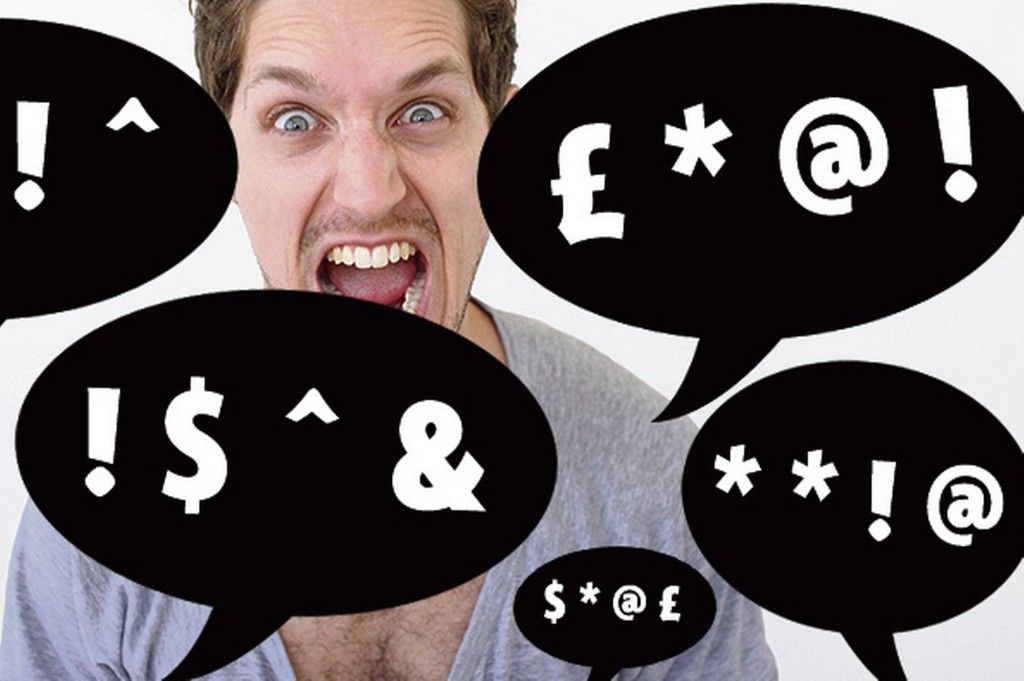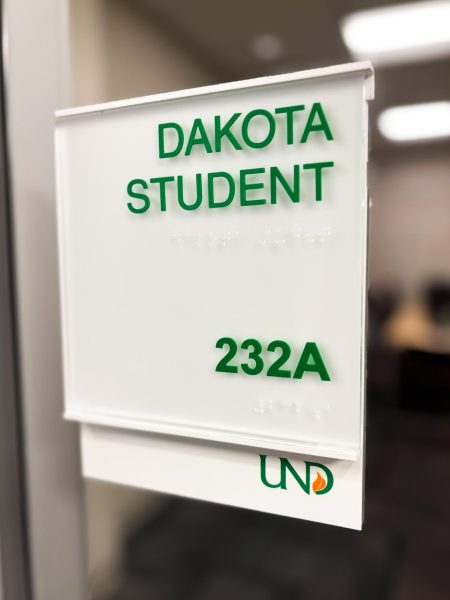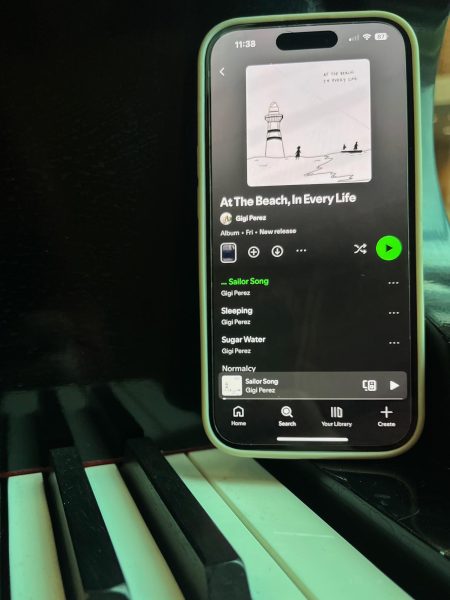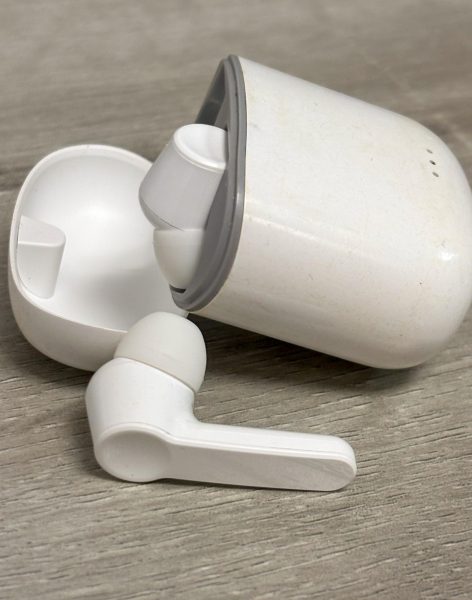Swearing is awesome
CURSES Some words are just really fun to say in a public fashion.
Swearing is more about the meaning behind words rather than the words themselves. Photo courtesy of mirror.co.uk.
I have a dirty little secret.
I’m a bit ashamed of this, though I don’t feel I should be. It can be hard to admit, because I usually try to hide it from the people I know in anything but in an intimate context.
However, it is time for me to speak out: I love to swear. I know, it’s hard to believe that an innocent bluebird like me could ever possibly utter an oath stronger than “fiddlesticks,” but let me assure you, I go on many blue streaks and thoroughly enjoy myself. And, honestly, why should I be ashamed of this? There are plenty of ways to creatively swear — I can think of three alliterations of ‘F’ using three or more words off the top of my head — and sometimes the only thing that can accurately sum up a feeling is a simple four-letter word.
Don’t know what I mean by four letter word? Think the opposite of “soap.” That should point you in the general direction.
Language is — as it has been defined in many of my English classes — arbitrary and ever changing. This means that the meanings we assign words with meanings — such as “cat” being that fluffy thing that purrs. There is no real
reason “cat” should mean “cat”. We could have swapped the word with “dog” a few centuries ago, and the animal would still be the same. Only the word would change.
As for ever-changing, simply looking at how words have changed in the past two decades to see this. Remember when “impact” was only a noun? Yeah, me too. Those were the good ol’ days.
Swearing is the same way. It evolves and changes. Don’t believe me? Take a look at the way Shakespeare’s characters swear. Words we now use for mild oaths or to mock others’ lack of swearing were then words that would make even the dirtiest sailor cringe.
This was discussed at length in my Shakespeare class earlier this week. The instructor had many gems of what the foulest swearing looked like way back when — “gadzooks” and “zounds” for example.
Yes, you read those right. The words we use in children’s shows to replace swearing were once as dirty as saying … umm … well, as this is a published article, I’ll leave that to your imagination.
I think the thing that grinds my gears most about the perceived inappropriateness of swearing is the intent behind it. When someone stubs a toe and says “darn it” would have the exact same meaning as another choice word that starts with a ‘D.’
Words don’t hurt, but their intent can cause deep wounds. I can tell my cat to do terrible things in a very loving voice, and she’ll think I’m telling her she’s pretty and I love her and her breath doesn’t smell like fish.
It ends up being the same with swears. They are often uttered in times of heightened emotions, times when stopping to craft an elegant insult would simply take too long. No matter what actually comes out of your mouth, the subtext remains the same. This does not extend to all language and it’s uses, but I think it truly applies to swearing.
I understand many do not share this view on the beauty of swear words. I also acknowledge that society has dictated that swearing be kept out of certain places, like work, school and public places. There is a reason I refrain from dropping F-bombs at family restaurants.
This does not mean I agree with that reasoning however.
My views on language, and consequently my uses of it, make up a large part of who I am. And, honestly, sometimes it just feels damn good to let out a few curses.
Kjerstine Trooien is a staff writer for The Dakota Student. She can be reached at kjerstine.trooien@my.und.edu







